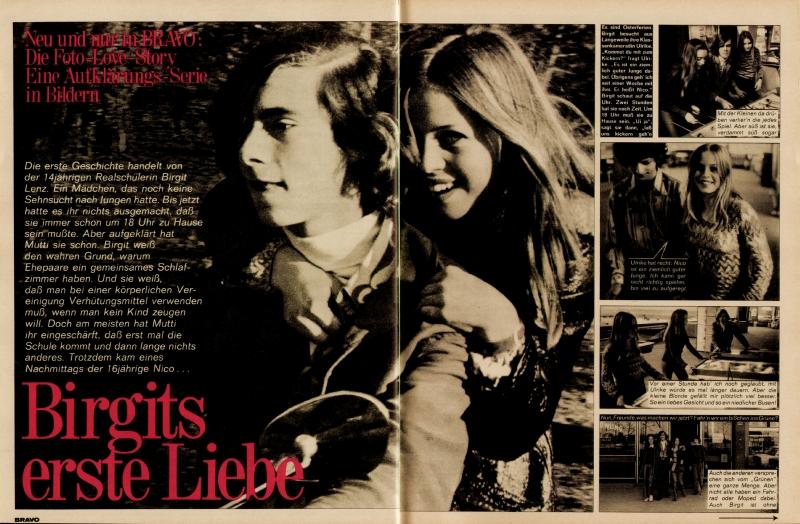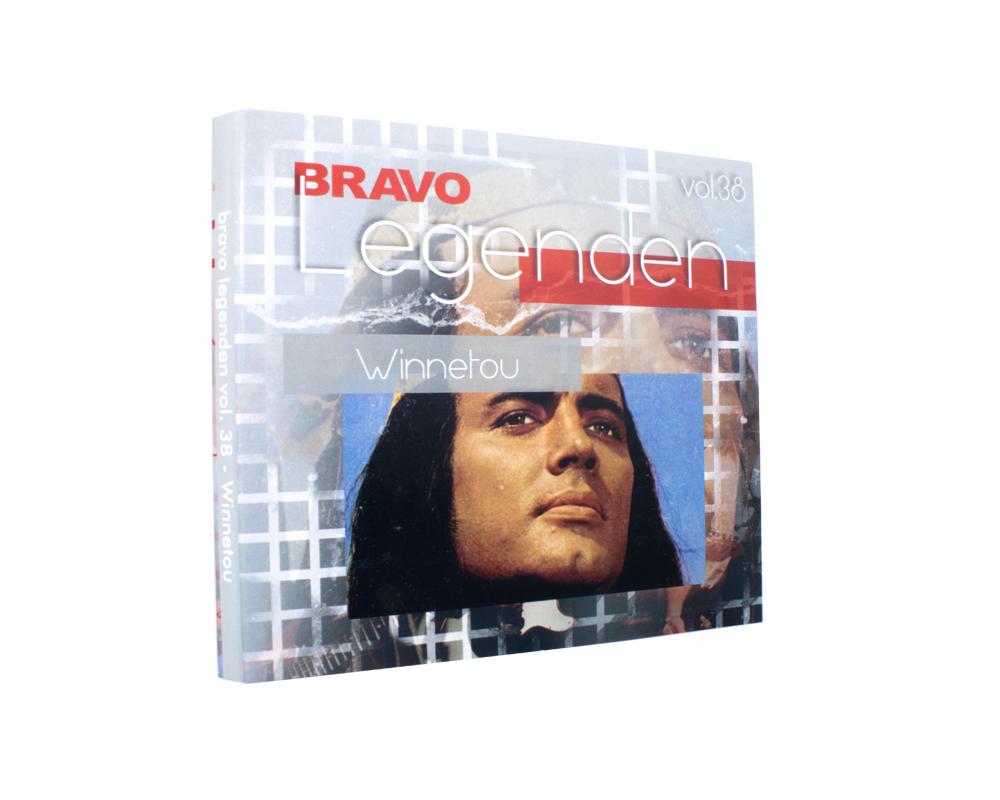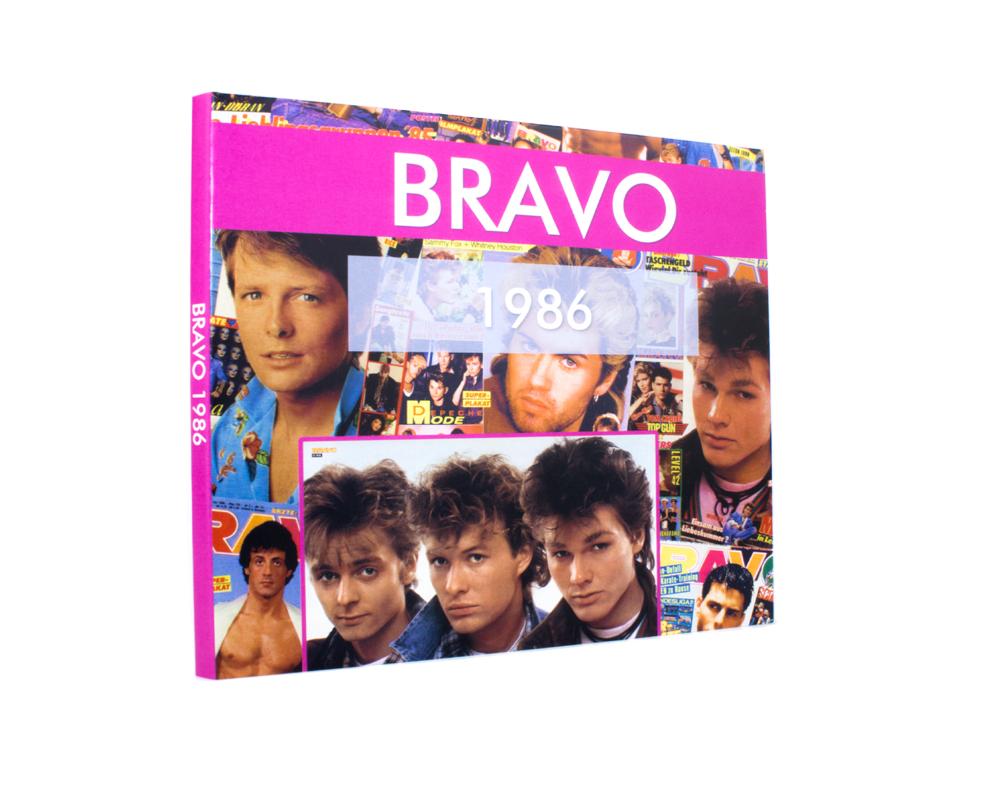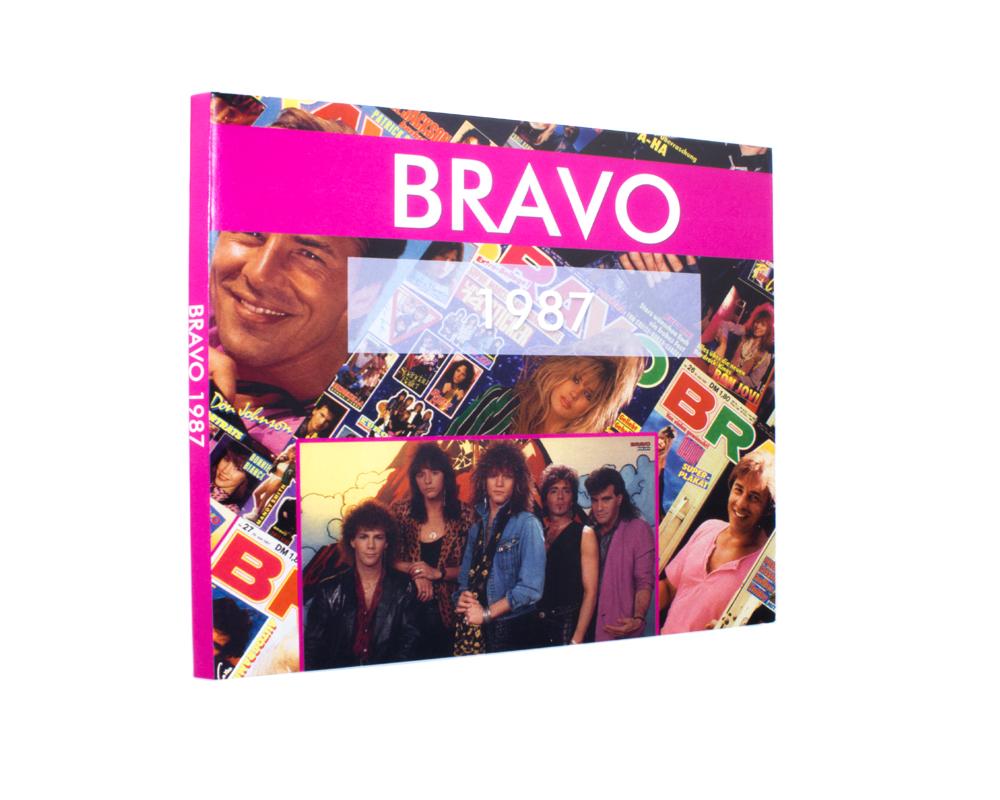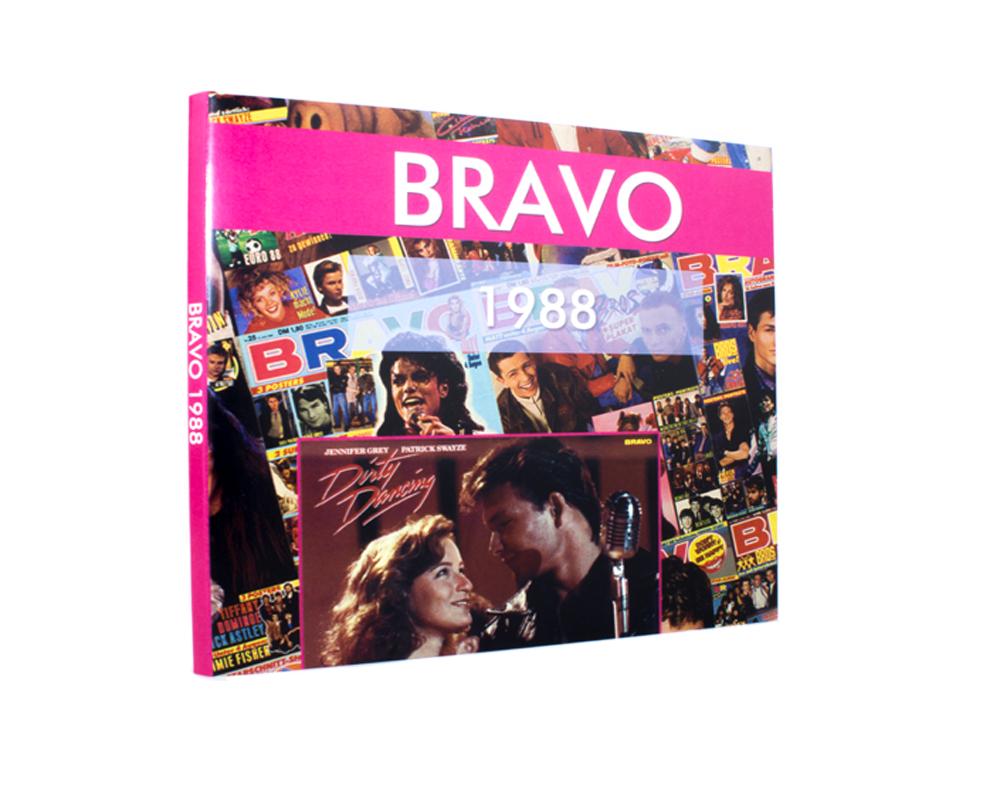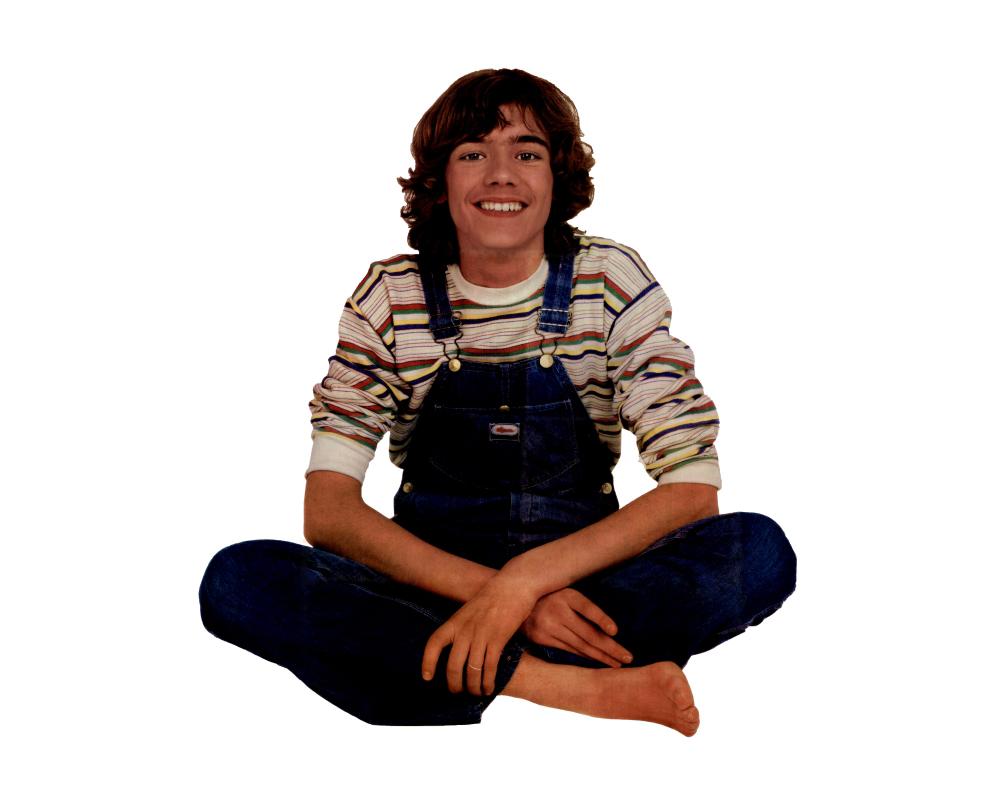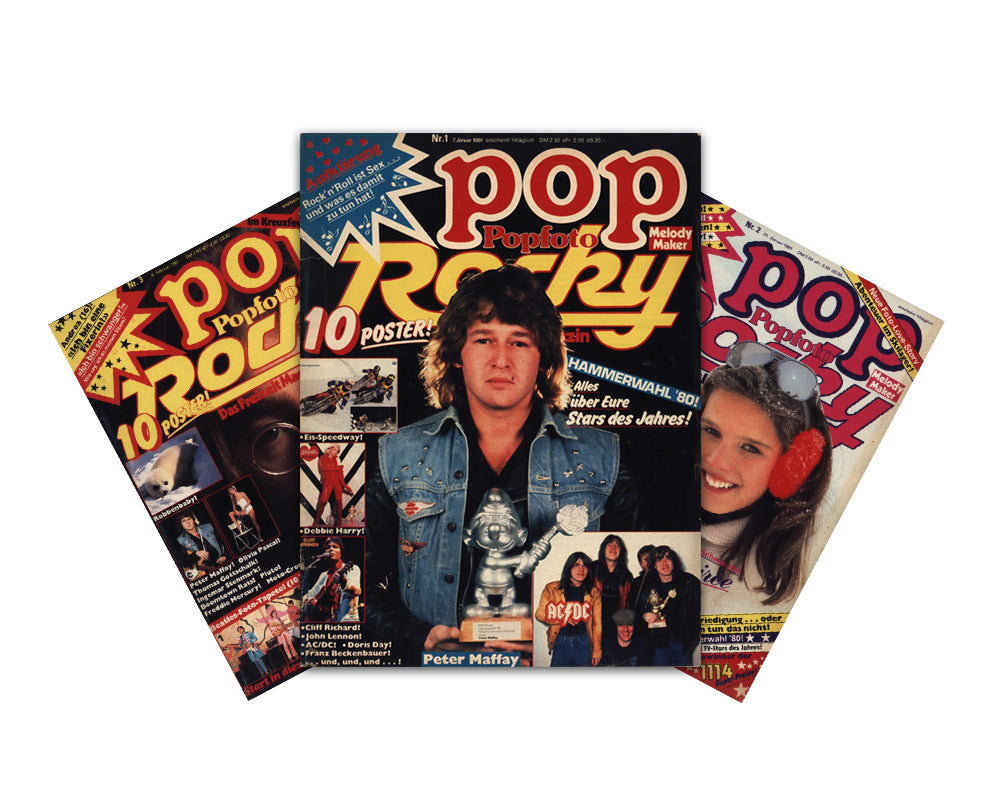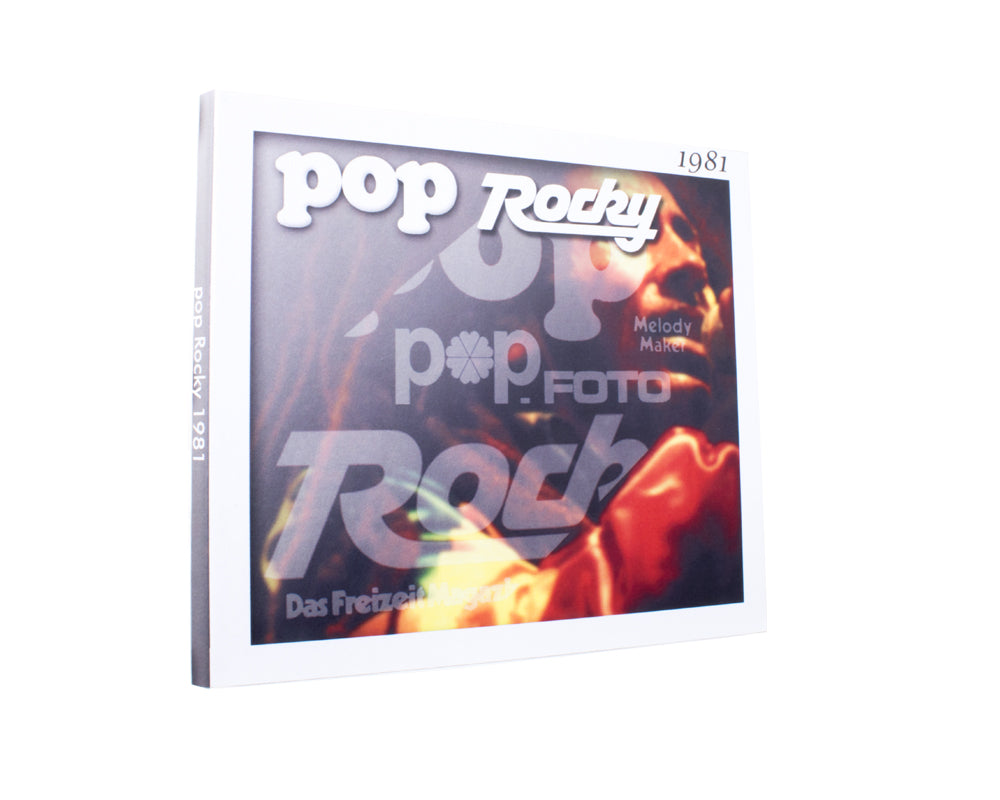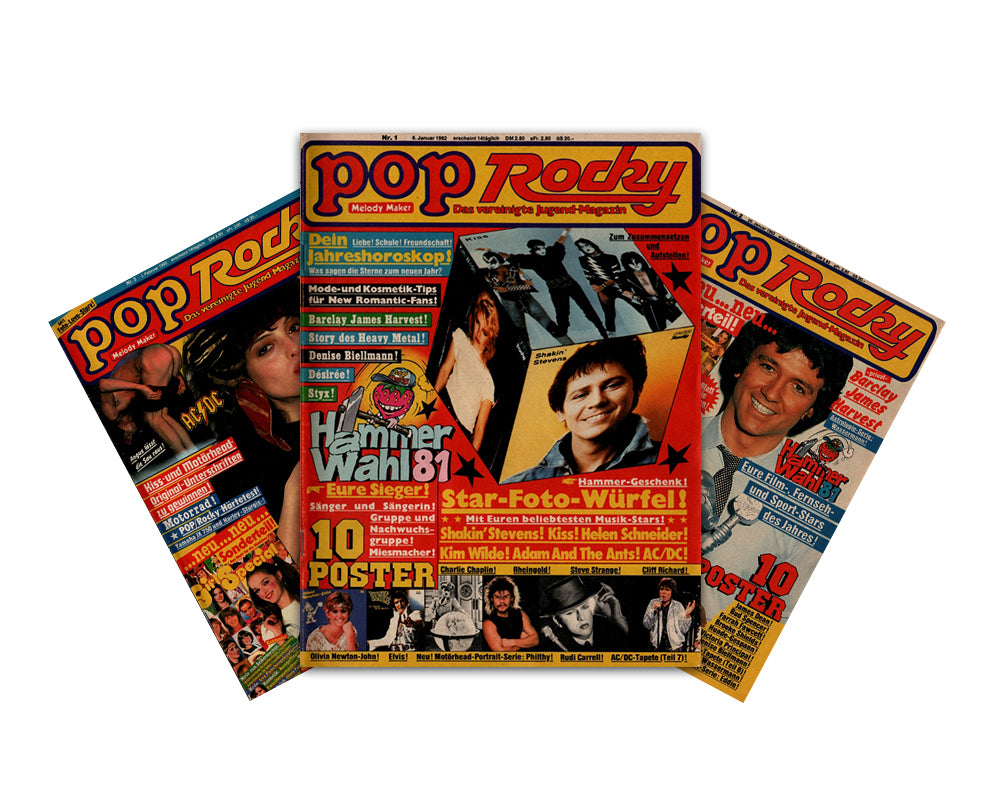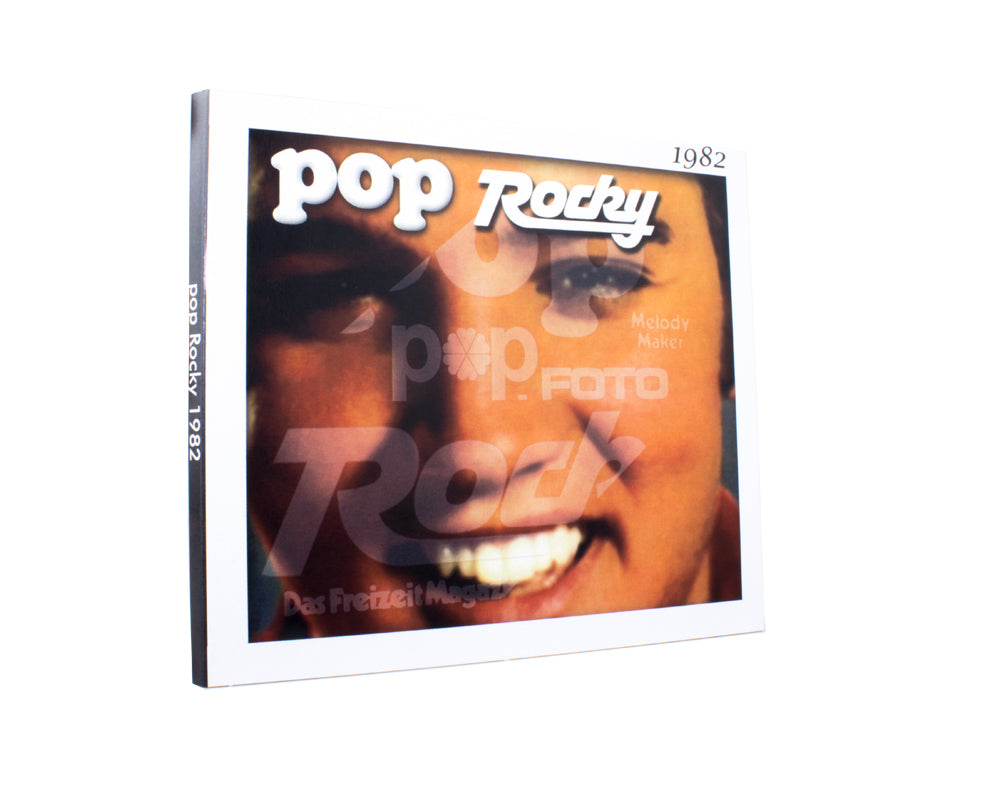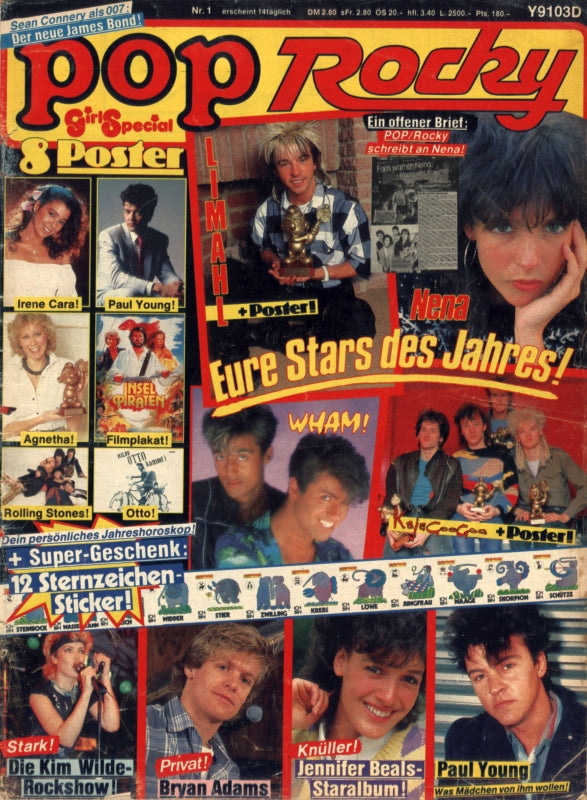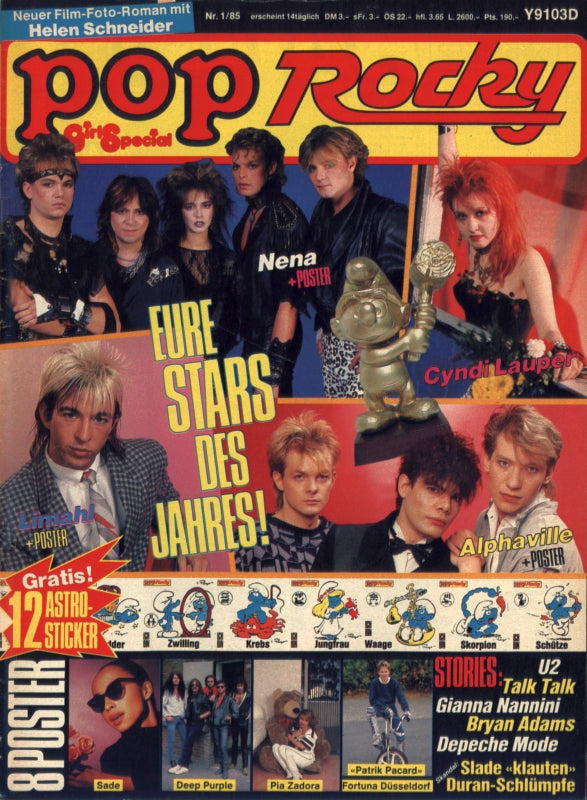If you purchase 3 individual issues, you can take one additional issue free .

The Move, “Fire Brigade” and the wild road to ELO: How axe show, scandals and a number 1 hit made music history
When The Move finally landed the long-awaited number one hit in their home country of Great Britain with "Blackberry Way" in 1969, they were already showing signs of disintegration. Since their formation in 1965, the bassist had changed twice, and singer and guitarist Carl Wayne was already considering solo plans. The original quintet had shrunk to a quartet. The fifth member was considered a guest musician. Carl Wayne 's successor was Jeff Lynne , who formed the Electric Light Orchestra ( ELO) with the remaining members of the Move ( Roy Wood and Bev Bevan ).
In April 1968, however, things weren't quite there yet. In the UK, Move had already hit their fourth top ten single, "Fire Brigade." The first single, "Night Of Fear," had reached number two; the follow-up, "I Can Hear The Grass Grow," reached number five, and "Flowers In The Rain" reached number two again. And thanks to "Fire Brigade," they finally made it onto the BRAVO Musicbox .
However, BRAVO had already reported on The Move in February 1967, immediately after the release of "Night Of Fear," and it didn't sound so favorable at first: "The Move say: We don't just offer acoustic music, we also offer visual music. With us, people don't just hear something, they get to see even more. And they're so enthusiastic about our show that the stage shakes and the walls tremble. However, The Move themselves demolish the theaters and studios in which they perform. They are the world's biggest pop music thugs. A giant axe is their preferred tool. With it, they smash, for example, a television set. Or a car. Or portraits of politicians. And, of course, they hack holes in the floor of the podium. Sometimes with the result that they disappear into obscurity." ( BRAVO issue eight from 1967 )
Tony Secunda, manager of such illustrious bands as The Moody Blues and later T. Rex and Motörhead, also took on The Move , and it was he who came up with the idea of the axe for Carl Wayne . Roy Wood wasn't thrilled about such sensationalism, but it generated publicity. Secunda's idea of signing The Move's contract with producer Denny Cordell on the back of topless model Liz Wilson was also a big deal.

But the collaboration with Tony Secunda also brought trouble. Without informing the band, Secunda published a cartoon postcard featuring then-British Prime Minister Harold Wilson in bed with his secretary Marcia Williams. Naturally, Wilson wasn't particularly amused and filed a lawsuit, which The Move lost. The result: The Move had to pay the legal costs and hand over all royalties to charities. Roy Wood was hit hardest. He was the composer of the song "Flowers in the Rain," which the campaign was intended to promote.
The album was the first record ever broadcast by BBC Radio 1. The promotion was definitely worth it!
"Fire Brigade" stayed in the Music Box for only two weeks, peaking at number 19. The Move then appeared twice more: "Blackberry Way" (1969, position 7) and "Tonight" (1971, position 13).













































